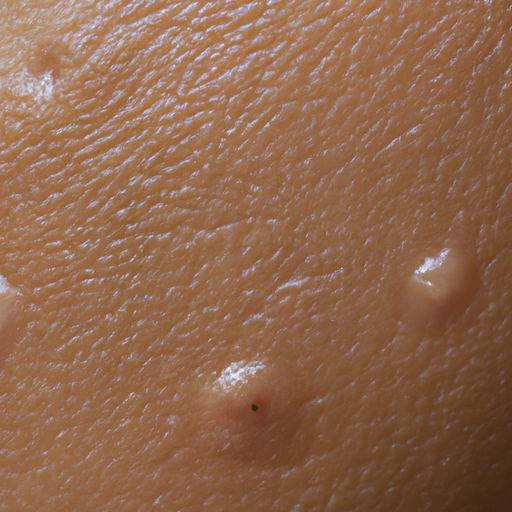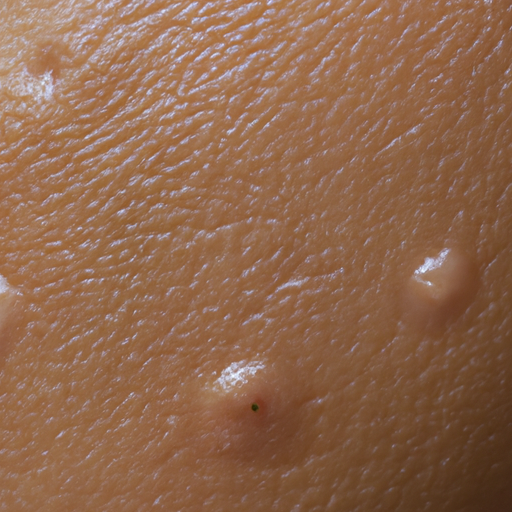As a medical professional, I understand the struggle of managing oily skin. The constant shine, frequent breakouts, and the need to constantly blot your face can be frustrating. However, with the right skincare routine and lifestyle changes, you can effectively manage your oily skin. This article serves as your ultimate guide to tackling oily skin.
Oily skin is caused by overactive sebaceous glands that produce excess sebum, a naturally occurring skin oil. While sebum is essential for keeping the skin healthy, too much of it leads to oily skin, clogged pores, and acne breakouts. Genetics, hormonal changes, diet, stress, and environmental factors can all contribute to oily skin.
The first step in managing oily skin is understanding that oil production is a natural process that your body uses to protect your skin. Stripping your skin of its natural oils can lead to increased oil production, which exacerbates the problem. Therefore, the goal should not be to eliminate oil but to balance it.
Cleansing is crucial for oily skin. Use a gentle, water-soluble cleanser twice a day to remove excess oil and impurities without drying out your skin. Avoid harsh soaps and alcohol-based products as they can irritate the skin and trigger more oil production.
Exfoliating is another essential step in managing oily skin. It helps remove dead skin cells that can clog pores and cause breakouts. However, be careful not to over-exfoliate as it can lead to dryness and irritation. Aim for once or twice a week using a gentle exfoliant.
Moisturizing might seem counterintuitive when you have oily skin, but it’s an important step in your skincare routine. Skipping moisturizer can cause your skin to produce more oil to compensate for the lack of moisture. Opt for oil-free, non-comedogenic moisturizers that won’t clog your pores.
Incorporating a toner can also help balance your skin’s pH levels and remove any leftover dirt or makeup after cleansing. Look for alcohol-free toners with ingredients like witch hazel, green tea, or aloe vera that can soothe and balance your skin.
Aside from skincare, your lifestyle choices can also impact your skin’s oil production. A diet high in processed foods, sugars, and unhealthy fats can stimulate oil production. Opt for a balanced diet rich in fruits, vegetables, lean proteins, and healthy fats.
Stress can also trigger oil production. Incorporate stress management techniques like yoga, meditation, or deep breathing exercises into your routine to keep your stress levels in check.
Lastly, staying hydrated is essential for healthy skin. Drinking plenty of water helps flush out toxins from your body and keeps your skin hydrated from the inside out.
In some cases, oily skin might be a sign of an underlying medical condition like Polycystic Ovary Syndrome (PCOS) or hormonal imbalances. If you’ve tried everything and your oily skin persists, it might be time to consult a dermatologist or healthcare provider.
Remember, everyone’s skin is unique. What works for one person might not work for another. It might take some trial and error to find the right routine for you. But with patience and consistency, you can manage your oily skin and achieve a healthy, balanced complexion.
In conclusion, managing oily skin involves a combination of the right skincare routine and healthy lifestyle choices. It’s about balance, not elimination. With the right approach, you can banish the shine and embrace your natural glow.




